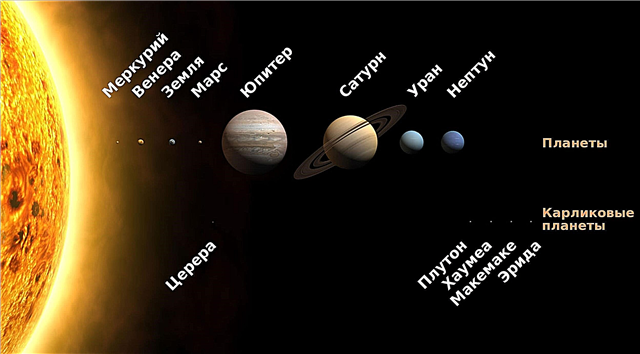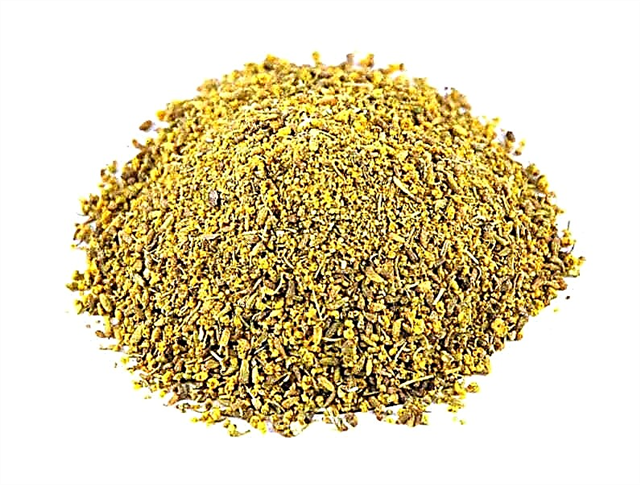
A huge number of bacteria inhabiting marine sedimentary deposits have the ability to isolate molecules that can stimulate the growth of clouds, as well as cool the climate.
Anyone who has been at sea at least once will never forget its amazing and unique smell. Its appearance was made possible due to the presence in water of such a significant element as dimethyl sulfhydride (VMS), which is the result of the metabolism of aquatic inhabitants. The formation of the molecules of this element is directly related to the decomposition of dimethyl sulfonopropionate, which results in the reaction of marine life to the level of osmotic pressure. As a result of this, a faint smell of seawater appears, which helps to attract representatives of the animal world to plankton.
An amazing ability of dimethyl sulfhydride is its ability to oxidize during contact with air. As a result, molecules are formed that, when interacting with waves and the wind, pass into an aerosol. Microscopic particles of molecules are the center of condensation, which contribute to the process of cloud formation and lower atmospheric temperature.
Scientists are confident that people do not fully appreciate the influence of these molecules on the formation of the planet’s climate.They wrote about this in detail in an article by a famous French publication. This process describes the formation of dimethyl sulfhydride only from manufacturers such as planktonic algae. They are capable of producing up to 6, 6 billion tons of such unique molecules throughout the year.
There is also information that bacteria living in sedimentary rock can be the manufacturer of such molecules. According to the results of studies conducted by scientists, it was found that in sedimentary rocks there are thousands of times more such molecules than in the water of the sea or ocean.
Biologists are convinced that each gram of sedimentary rock can contain up to a billion bacteria with the ability to synthesize dimethyl sulfhydride. This may mean that the possibility of synthesis of molecules is underestimated by a thousand times, and with it the possibility of their influence on the formation of the Earth’s climate.












